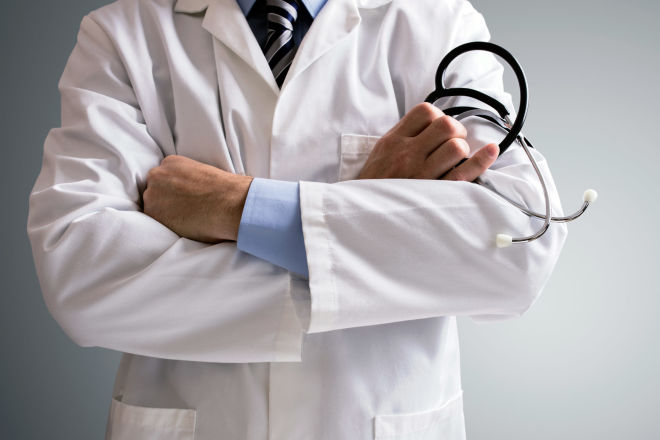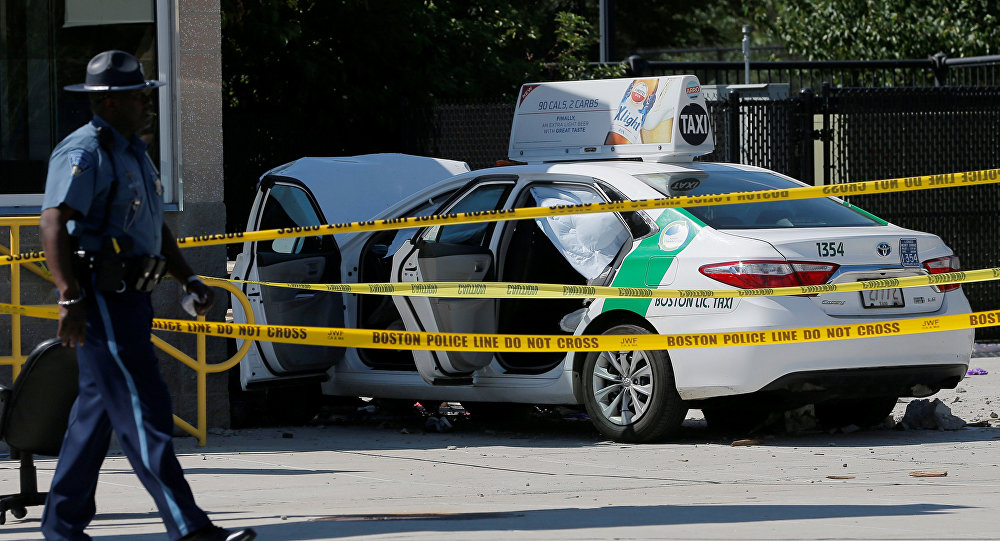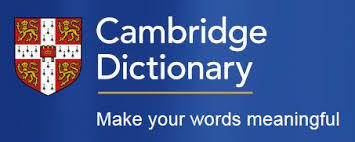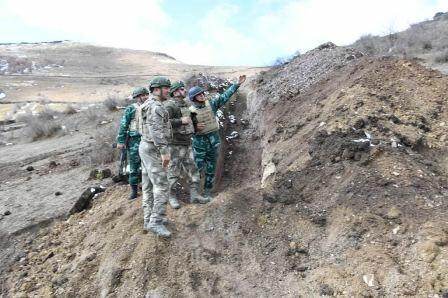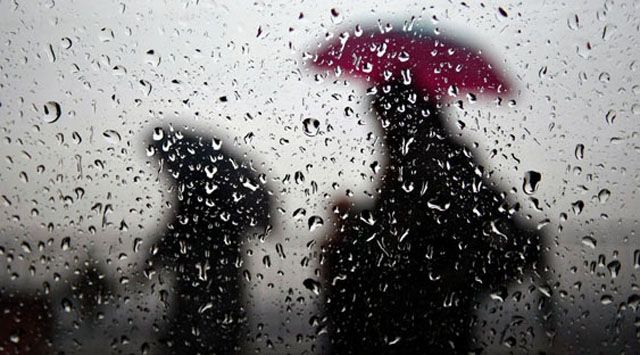They say the sense of “falling in love” occurs when the brain sends chemicals to certain parts of the body. But what physically happens to your heart when you find yourself falling head over heels?
According to one study out of Syracuse University, a chemical release occurs when the brain sends a signal to the adrenal gland. The gland releases hormones of adrenaline, dopamine and norepinephrine into the body.
This adrenaline rush is responsible for the fast heartbeat, while the dopamine is responsible for creating the feelings of excitement. Typical signs of falling in love include increased heart rate, sweating and flushed cheeks.
“There are no known risks to the heart from falling in love,” says Dr. Dory Jarzabkowski, a cardiologist with the Advocate Heart Institute at BroMenn Medical Center in Normal, Ill. “We do know married people live longer than single, divorced or separated people. The only risk is that your heart has to be strong enough for sexual activity.”
There are three phases of love, according to the Loyola Sexual Wellness Clinic: lust, attraction and attachment.
Lust is the desired phase driven by the released hormones. During the attraction phase, adrenaline causes the increased blood flow from the heart to trigger the pleasure center of the brain. This is when you feel that obsession–that can’t stop thinking about the other person obsession. The attachment phase causes that fixation behavior to fade because your body develops a tolerance to the chemicals. This phase is when the endorphins and hormones are released, which creates the sense of security one feels in a lasting relationship.
Romantic love isn’t the only love that can improve your heart. Close relationships with friends and family can have cardiovascular benefits, according to a study by the Heart, Lung and Blood Institute.
Researchers found that if someone has support from loved ones after a cardiac bypass surgery, they are more likely to have a better recovery and survival rate.
According to the American Heart Association, even pets, such as cats and dogs, can help people survive after a heart procedure.






















